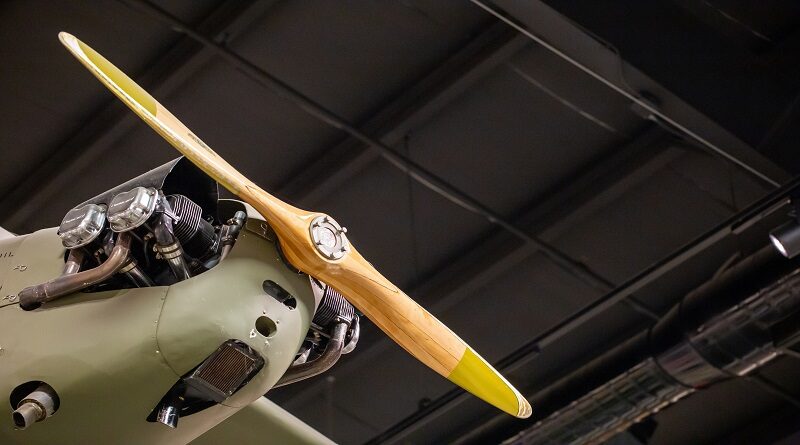Postgraduate courses in Aerospace Engineering
There is something fascinating about aircraft and spacecraft and exactly how they are made. How do they work? What is the science behind them?
If this is an area of your interest that you would like to gain a degree in then look no further. You may be able to turn that interest into a career! Why not start your research here?
What is aerospace engineering?
Aerospace engineering looks at the development of aircraft and spacecraft. There are two major branches within aerospace engineering which overlap with each other. They are aeronautical engineering and astronautical engineering.
Aeronautical engineers work with aircraft. Astronautical engineering focuses on developing spacecraft and aircraft and can also be called rocket science. Aerospace engineers often work long day from 10-12 hours shifts a day.
What does an aerospace engineer do?
As there are two types of aerospace engineering, let’s break it up into the two fields. Day to day duties may differ. Examples of duties carried out include:
Aeronautical Engineer
- Assess design requirements
- Agree on budgets, deadlines, timescales and specifications with clients and managers
- Undertaking theoretical and practical research
- Write reports and documentation
- Test, evaluate and make improvements to products
- Assembling the aircraft
- Fit components
- Gather, analyse and interpret data
- Investigate air crashes and the reason behind them
Astronautical Engineer
- Oversee process of developing aircraft
- Oversee process of developing aerospace products
- Gather, analyse and interpret data
- Write reports and documentation
- Design products
- Ensure quality standards are met
- Adhere to environmental regulations
- Test, evaluate and make changes or improvements to products
Courses
Postgraduate courses in aerospace engineering add a great advantage to graduates. With postgraduate degrees in this field, starting salaries can be higher than those without a postgraduate degree. There are many courses to choose from across the UK. Some courses offer the option of studying part time or full time. There may also be Covid-19 restrictions in particular universities. Examples of courses available include:
Air, Space and Cyber Power Studies
Postgraduate courses in Air, Space and Power Studies will focus on theoretical approaches, historical case studies, contemporary conflicts, strategic thought as well as cultural and societal attitudes to those three areas. Students will also cover areas such as regional conflicts, international law, the ethics of war and conflict, cultural aspects of war, low-intensity operations, humanitarian intervention and multinational warfare among other topics.
Aerospace Structures and Materials
Postgraduate courses similar to this one allow students to tailor their degree to best suit their interests. You will gain an in-depth understanding of engineering approaches to issues and problems in aerospace. You will also gain skills in computational modeling, aerospace structural analysis, material selection theory and implementation issues.
Aerospace Engineering
Those who study a postgraduate course in aerospace engineering will focus greatly on the innovation of aerodynamics. Students will gain skills in computational modelling and numerical techniques as well as an in-depth understanding of engineering approaches to current aerospace problems. Students can then specialize in an area of their interest, for example, flight control and simulation, advanced aerodynamics.
Entry Requirements
Entry requirements may differ from course to course and university to university. In most cases, you will be required to have a 2.1 honours degree in a relevant field such as social sciences, humanities, engineering. It is important to research your particular course to make sure you meet specific requirements. All information can be found on course overviews and on university websites.
Potential employers
Employers of aerospace engineers may include:
- Aerospace companies
- Aircraft operators and companies
- The Civil Service
- Contractors
- Government agencies
- Universities – lecturer
- The armed forces
Salary Expectation
The salary expectation of an aerospace engineer can start anywhere between £20,000 to £28,000. As pointed out above, postgraduate courses in this field will help you to start out on a higher salary. Over time as experience is gained, you can earn up to £40,000. At senior level, your salary may exceed £65,000. The average salary for an aeronautical engineer is estimated to be around £36,984. Figures are used as a guide only and are based on estimates.
Skills and requirements
Skills and requirements that are helpful, and often necessary, in this field:
- Strong analytical skills
- Strong mathematical skills
- Attention to deal
- Ability to interpret data
- Strong verbal communication skills
- Strong written communication skills
- Awareness of health and safety issues
- Ability to keep up to date with developments
- Able to work under pressure




